GARDINER — John Callinan and Rick McCormick had already spent months on their plan to open Jokers & Rogues Brewing when a fast-spreading unknown respiratory virus shut down nearly the entire state a year ago.
That could easily have been the end for the partners, but neither Callinan nor McCormick was willing to quit.
At noon Friday, they opened their Water Street tasting room and welcomed customers for indoor service for the first time, and it was a relief.
“We’re really just so pleased to be open, to be honest with you,” Callinan said.
Maine has not been alone in its efforts to stop the spread of COVID-19 by limiting the number of people allowed inside businesses or closing those businesses — including restaurants, bars and tasting rooms — outright. Those mandates have compelled business owners to be creative in how they deal with the public, by installing physical dividers between tables or by offering outdoor service aided by heaters or fire pits during colder months.
Under the state’s reopening plan announced last year, bars and tasting rooms expected to reopen before the holiday season.
Getting a new business off the ground is a challenge under the best of circumstances, but the COVID-19 pandemic has intensified that with public health restrictions on indoor service, requirements for physical distance between people in public settings and uncertainty over the ability to be open at all.
Jokers & Rogues started selling its beer on a takeout basis in mid-October, but a spike in the number of reported COVID-19 cases at the end of October derailed the state’s plan to open bars and tasting rooms for indoor seated service Nov. 2. The day before they were set to open, Gov. Janet Mills announced the opening would be delayed until further notice. In the weeks that followed new case counts were in the hundreds, reaching a peak in mid-January of more than 800 over several days. Earlier that summer and early fall daily new case reports totaled 30 or fewer.
For Jokers & Rogues, the restrictions meant it was open for takeout only for only limited hours Thursday through Sunday since fall, sending their beers home with customers who stopped by for takeout service.
“It wasn’t even covering our overhead, to be honest with you,” Callinan said, “but it was important for people to come in and get to know us and get to know our beers.”
Under the state’s current reopening plans, bars and tasting rooms are allowed 50% of permitted occupancy or 50 persons, whichever is greater, starting Friday. Barring any changes, on May 24, they will be allowed 75% of permitted occupancy or 50 persons, whichever is greater.
Now that restrictions have been relaxed, Jokers & Rogues started putting together charcuterie boards to serve to customers and is looking ahead to the summer season, collaborating on an outdoor space for customers.
Gardiner is also home to Bateau Brewing, which has a tasting room on Water Street that overlooks the Kennebec River. From the outset, it has offered outside seating, but after the pandemic was declared that became a more important component of the business.
“I was amazed at how many people … would hang out,” Steve Casey, one of the partners at Bateau Brewing, said. On cold days customers would come with blankets, Casey, who also owns the Depot restaurant and bar in Gardiner, said.
“We would throw 4-foot logs on the fire, so we always had a really good fire,” Casey said. “It would be 30 degrees and windy and cold, and we would have people out there. We actually had some very good Saturdays and Sundays throughout the winter. We didn’t make money, but we didn’t lose as much money as we could have without that.”

Co-founder and distiller Dan Davis leans on the bar Friday at Sebago Lake Distillery in Gardiner. The tasting room is opening in the evening for the first time in a year after the state loosened some COVID restrictions. Joe Phelan/Kennebec Journal Buy this Photo
The bottom line, he said, is that the brewery found a way to survive the year, and now it’s gearing up for making and selling more beer. It’s hoping to expand its indoor space in the coming months. As the weather warms, he said, Bateau Brewing is planning on adding outdoor music, something he doesn’t see happening in the Depot anytime soon.
Across central Maine, craft beverage makers have felt the lasting sting of COVID-19.
For Sebago Lake Distillery, maker of small-batch rums, it was not the closure of tasting rooms that put a hitch in their revenue stream, it was the closure of the bars.
For the first time in a year, the Gardiner distillery’s tasting room opened Friday. Leading up to that, the distillery’s bartender has been studying recipes for cocktails that haven’t been mixed in a year, and workers have been installing plexiglass dividers in the space to meet state requirements to slow the potential spread of COVID-19.
Dan Davis, Sebago Lake’s master distiller, said while its rum has been for sale at retail outlets during the pandemic, the company has suffered revenue losses during the pandemic, because sales are driven by tasting events and outreach at bars.
Tasting rooms are an opportunity to build relationships through talking to people and giving them tours, building brand loyalty through personal connections. But revenue — particularly for small distillers — is driven by tastings in stores or bars where people can taste without committing to buy a whole bottle and through restaurants and bars that offer the same kind of opportunity.
“Everybody’s heard about Baccardi,” Davis said. “Their sales maybe went up, but our sales dropped off because we can’t go to tastings.”
With the restrictions on gatherings that have been in place, he said, Sebago Lake Distillery lost its 2020 summer season and its winter holiday season — both revenue generators for the business.
“So this has to work,” Davis said. “It’s not a matter of it will, it has to. We have to have a strong summer.”
Davis and the distillery has used the past year to develop a new product that it’s releasing this spring — Sin-gria, a lightly carbonated version of sangria made with rum, California red wine and fruit flavors that comes in cans. It will be, he said, the first of many canned cocktails available for sale.

Angela Dyer pours a glass of beer Friday at Jokers & Rogues Brewing in Gardiner. Joe Phelan/Kennebec Journal Buy this Photo
“It’s a big shift in manufacturing from making rum, because you’re talking carbonated, pressurized vessels and CO2,” he said.
Melissa Lindley, executive director of Gardiner Main Street, said the relaxation move is a sign that this part of Maine’s economy is slowly returning to normal.
“Breweries especially are a niche market,” Lindley said. “People that are really into it want to visit multiple locations. They want to make it a more personable experience where they are talking with the brewers.”
That happened last summer, as quarantine restrictions on out-of-state people visiting the state were relaxed and attractions like Acadia National Park opened to the public.
Casey said many out-of-state visitors found Bateau Brewing on the beer apps on their phones on their way home, and he was astounded by how many stopped.
“Slowly but surely, we have gotten discovered by quite a few people, so we’re hoping to have the summer we had hoped to have two years ago,” he said. “So, here we are.”
Send questions/comments to the editors.

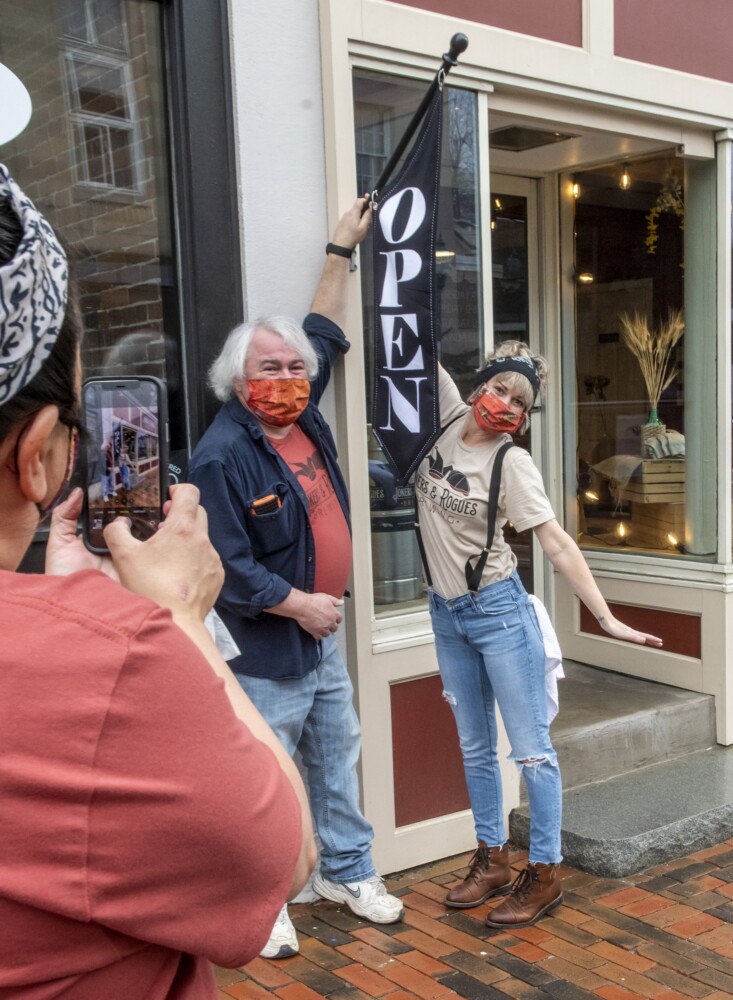
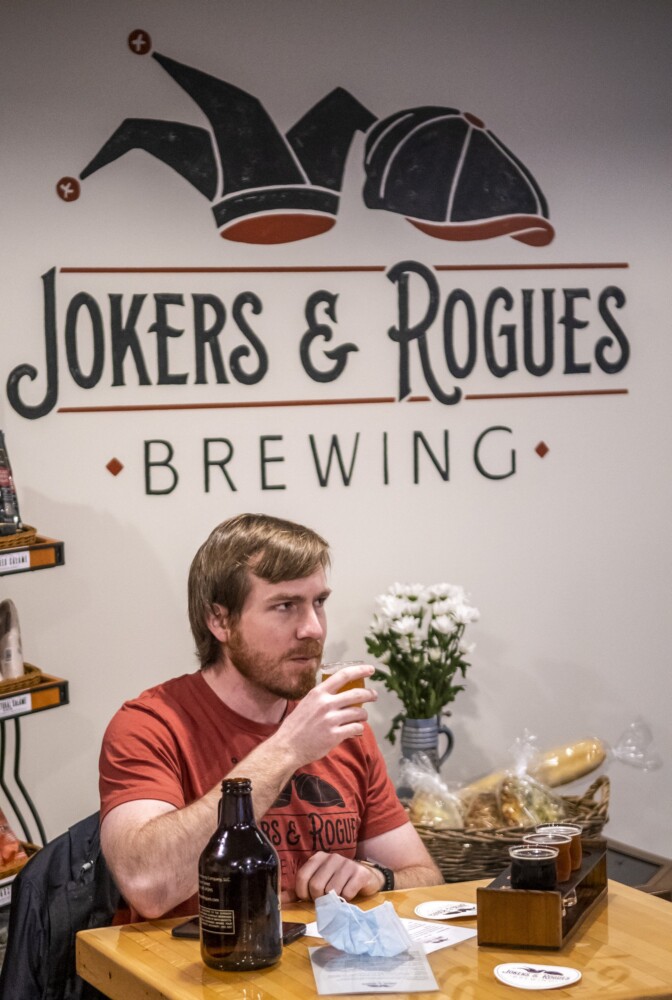
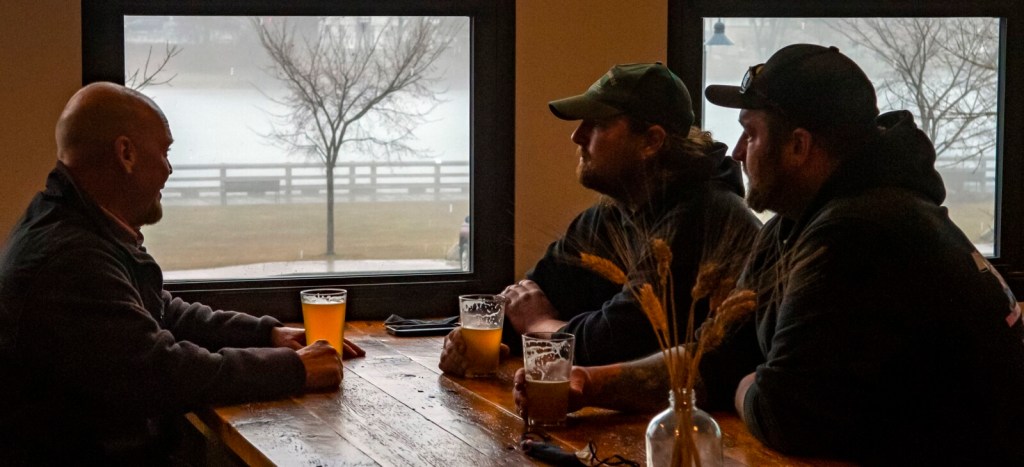
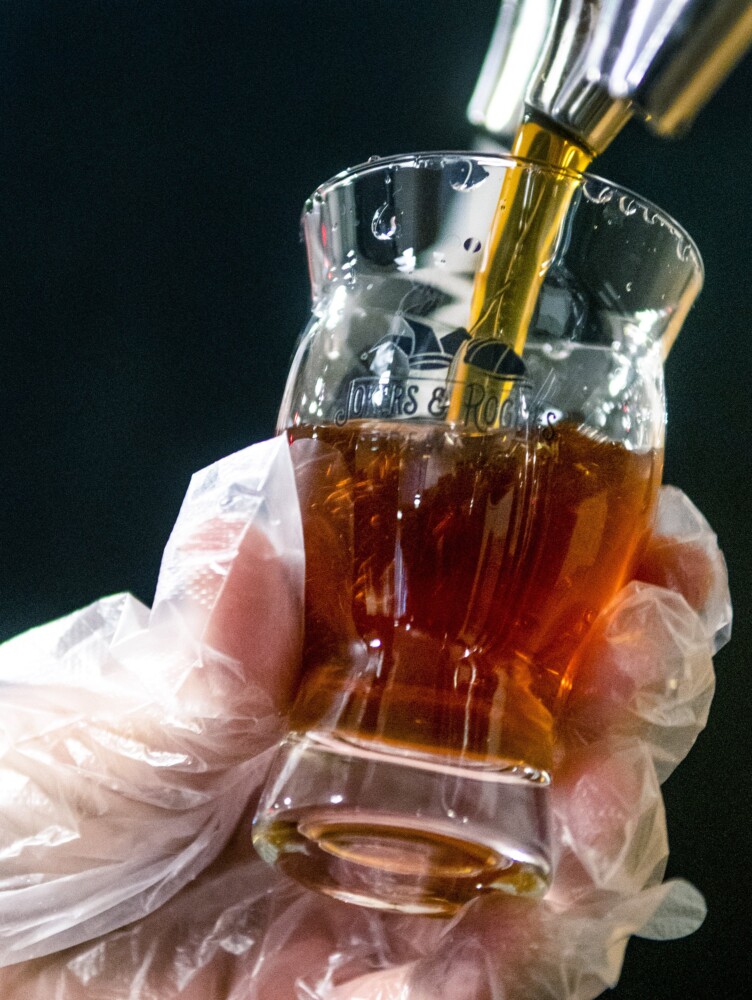
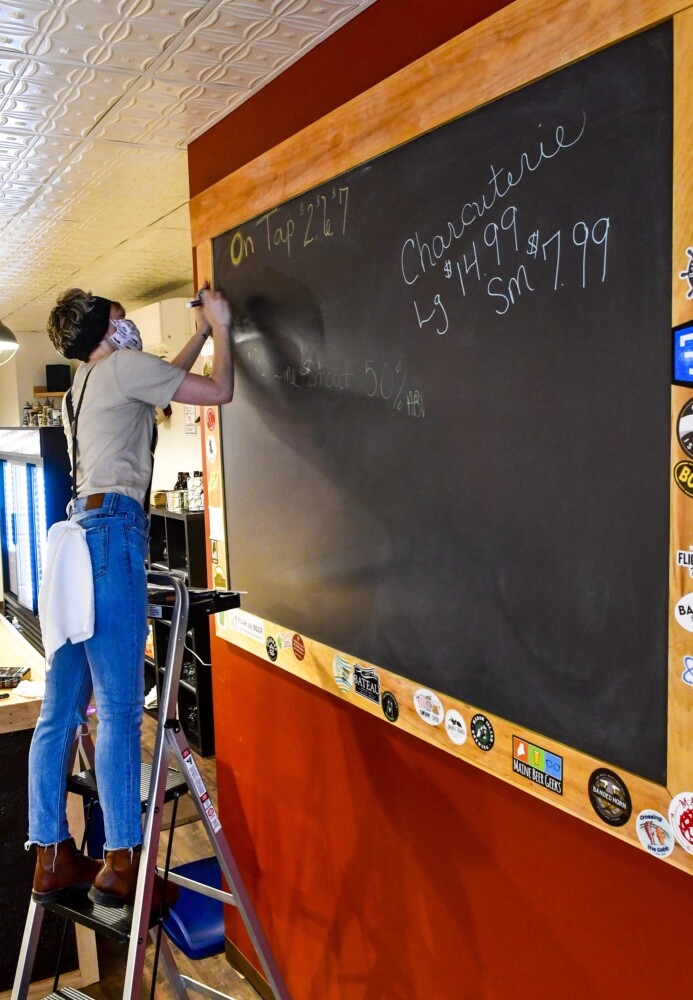
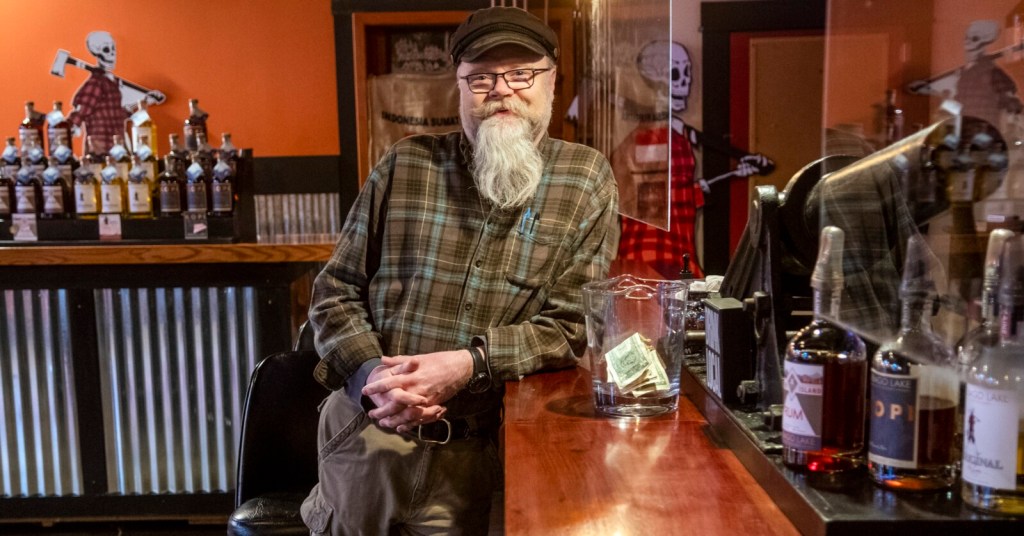
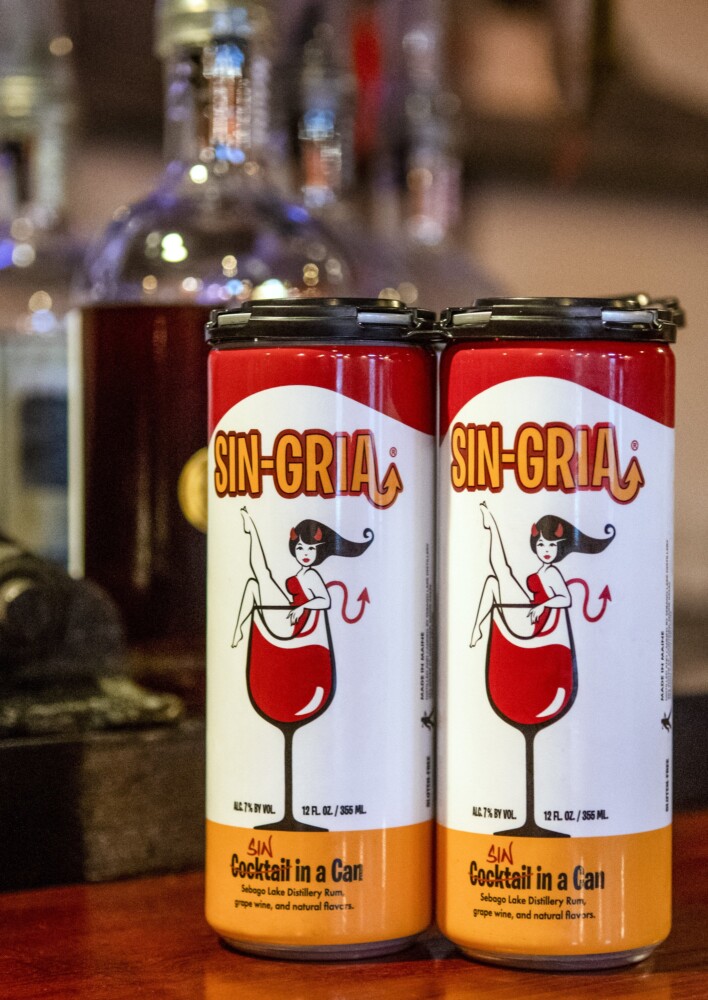

Success. Please wait for the page to reload. If the page does not reload within 5 seconds, please refresh the page.
Enter your email and password to access comments.
Hi, to comment on stories you must . This profile is in addition to your subscription and website login.
Already have a commenting profile? .
Invalid username/password.
Please check your email to confirm and complete your registration.
Only subscribers are eligible to post comments. Please subscribe or login first for digital access. Here’s why.
Use the form below to reset your password. When you've submitted your account email, we will send an email with a reset code.